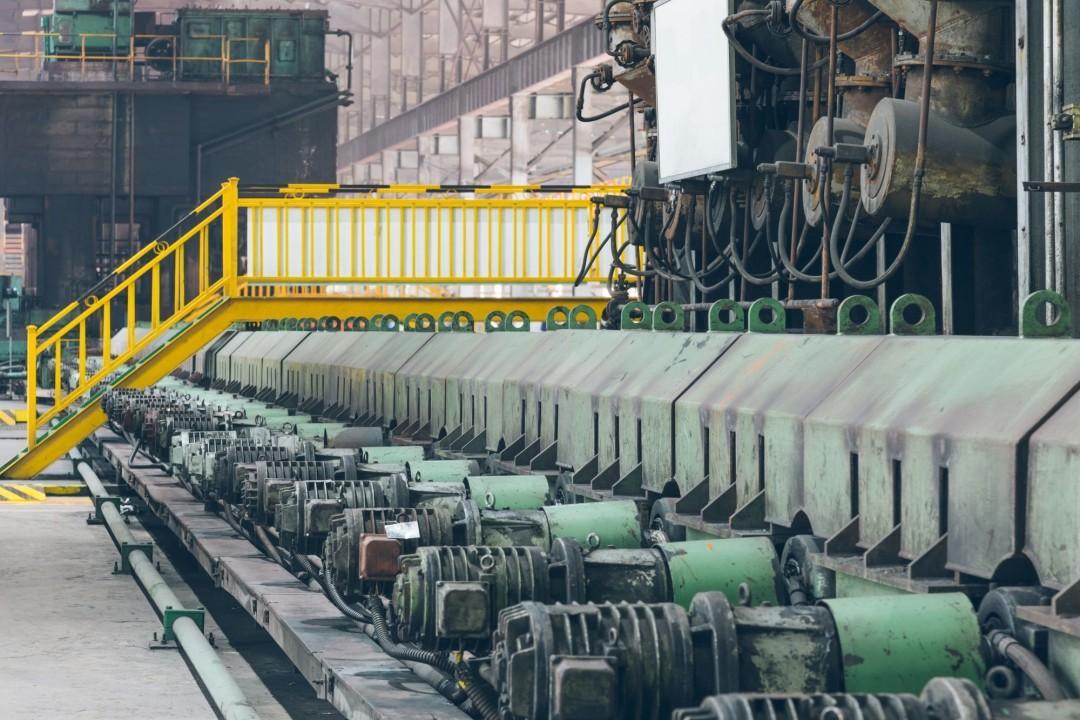The industrial landscape today demands materials that push the boundaries of conventional performance. Standard custom steel and alloy design alloys, while reliable for many applications, often fall short when confronted with extreme operating conditions, aggressive environments, or stringent weight-to-strength ratios. This inadequacy leads to frequent component failures, increased maintenance cycles, and ultimately, hindered operational continuity across critical sectors.
Many organizations find themselves in a constant struggle, relying on general-purpose materials that cannot withstand the specific stresses of their unique applications. This gap between material capabilities and application requirements is a significant impediment to progress, particularly in aerospace, energy, and advanced manufacturing. Without tailored solutions, innovation slows, and systems operate below their optimal potential.
The challenge is further compounded by modern engineering's complexity. Components are smaller, more intricate, subjected to unprecedented loads and temperatures. Finding an industrial metal works company for bespoke material solutions, beyond off-the-shelf, is crucial. This requires deep metallurgical expertise and advanced fabrication capabilities.
Businesses seek partners for custom alloy fabrication services beyond basic specifications. They need specialized materials with enhanced durability, superior corrosion resistance, or exceptional thermal stability. This absence of precise material engineering leads to costly redesigns and performance compromises, underscoring the need for advanced metal works solutions.
Possible Causes of Material Limitations
- Lack of specialized material knowledge within organizations, leading to reliance on generic alloys unsuited for demanding applications.
- Limited access to advanced manufacturing techniques and facilities required for producing high-performance, specialized alloy compositions.
- Underestimation of environmental stressors (e.g., extreme temperatures, corrosive agents) on material integrity, resulting in premature failure.
Proposed Solutions for Material Innovation
Solution 1: Advanced Alloy Design and Development
Overcoming material limitations starts with rigorous, custom steel and alloy design. This means a deep dive into operational environment and performance needs. Analyzing temperature, pressure, chemical exposure, and mechanical loads allows metallurgists to engineer novel compositions.
This process leverages computational modeling and experimental validation for optimized alloys. Directed Alloy Solutions excels, developing materials with superior strength, ductility, and degradation resistance, ensuring components perform reliably in challenging conditions.
Solution 2: Precision Fabrication and Welding Techniques
Once an ideal alloy is designed, fabrication integrity is paramount. Employing precision alloy welding and advanced manufacturing processes ensures material properties are maintained and enhanced. Techniques like additive manufacturing or specialized forging are critical.
Expertise prevents issues like stress concentrations or microstructural defects that compromise performance. Directed Alloy Solutions provides comprehensive commercial alloy fabrication, transforming custom-designed materials into flawless components for demanding applications.
Solution 3: Integrated Lifecycle Support and Optimization
Beyond initial design and fabrication, continuous material lifecycle support is vital. This includes regular performance assessment in real-world conditions and providing alloy repair and welding services to extend component life. Proactive maintenance minimizes downtime and sustains excellence.
This holistic approach ensures materials meet evolving demands throughout their service life. Partnering with Directed Alloy Solutions provides access to ongoing material science expertise, ensuring long-term reliability and adaptability for critical infrastructure.
Potential Risks and Recommendations
- High Initial Investment: Specialized alloy development demands significant upfront resources. Recommendation: Focus on critical applications where performance gains justify the expenditure.
- Complex Certification Processes: New materials face stringent regulatory hurdles. Recommendation: Engage with regulatory bodies early, maintaining meticulous documentation throughout development.
- Supply Chain Challenges: Sourcing unique raw materials or specialized manufacturing capacity can be difficult. Recommendation: Establish robust partnerships with trusted suppliers and fabrication experts.


0 Comments:
Leave A Reply